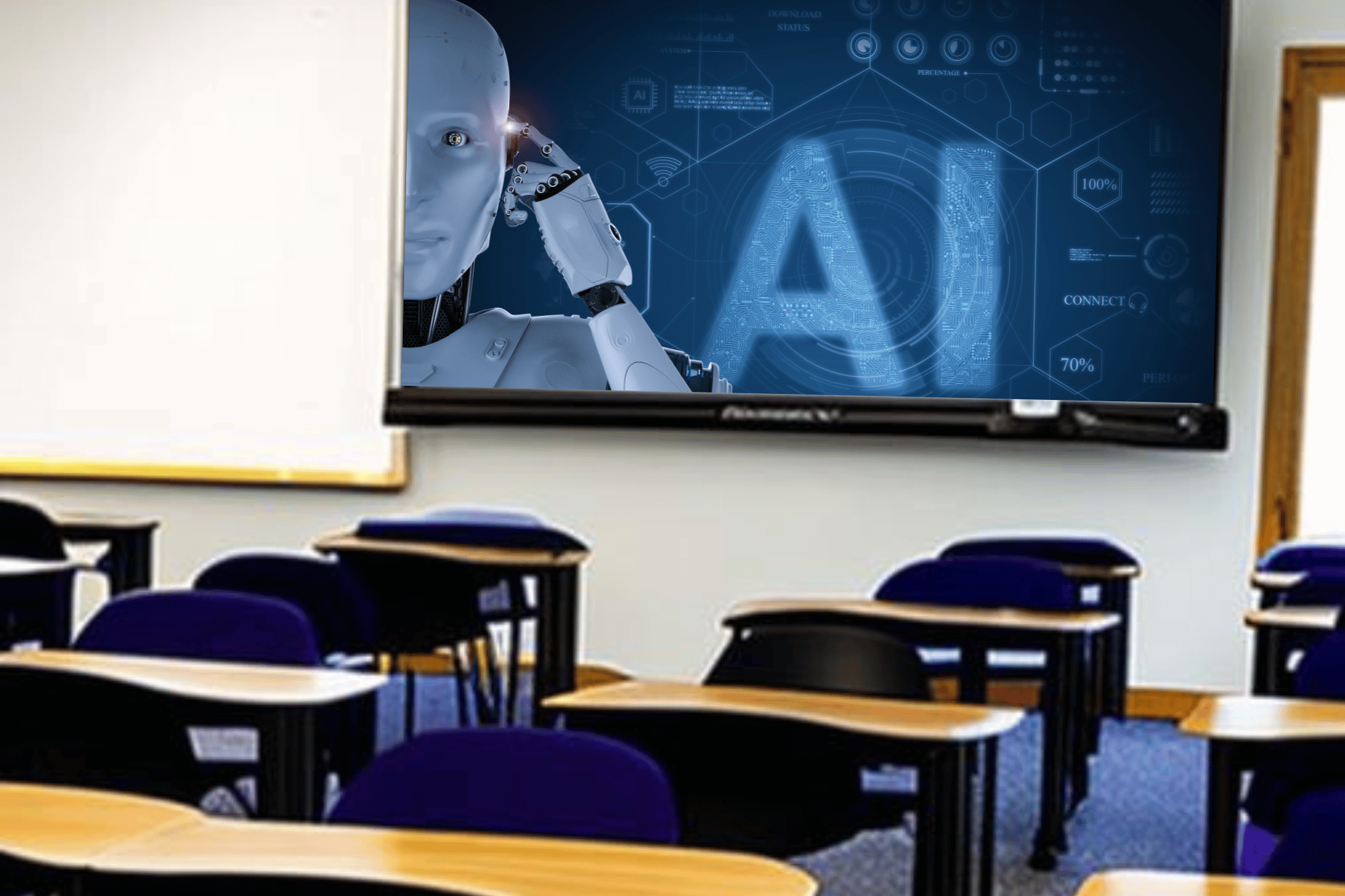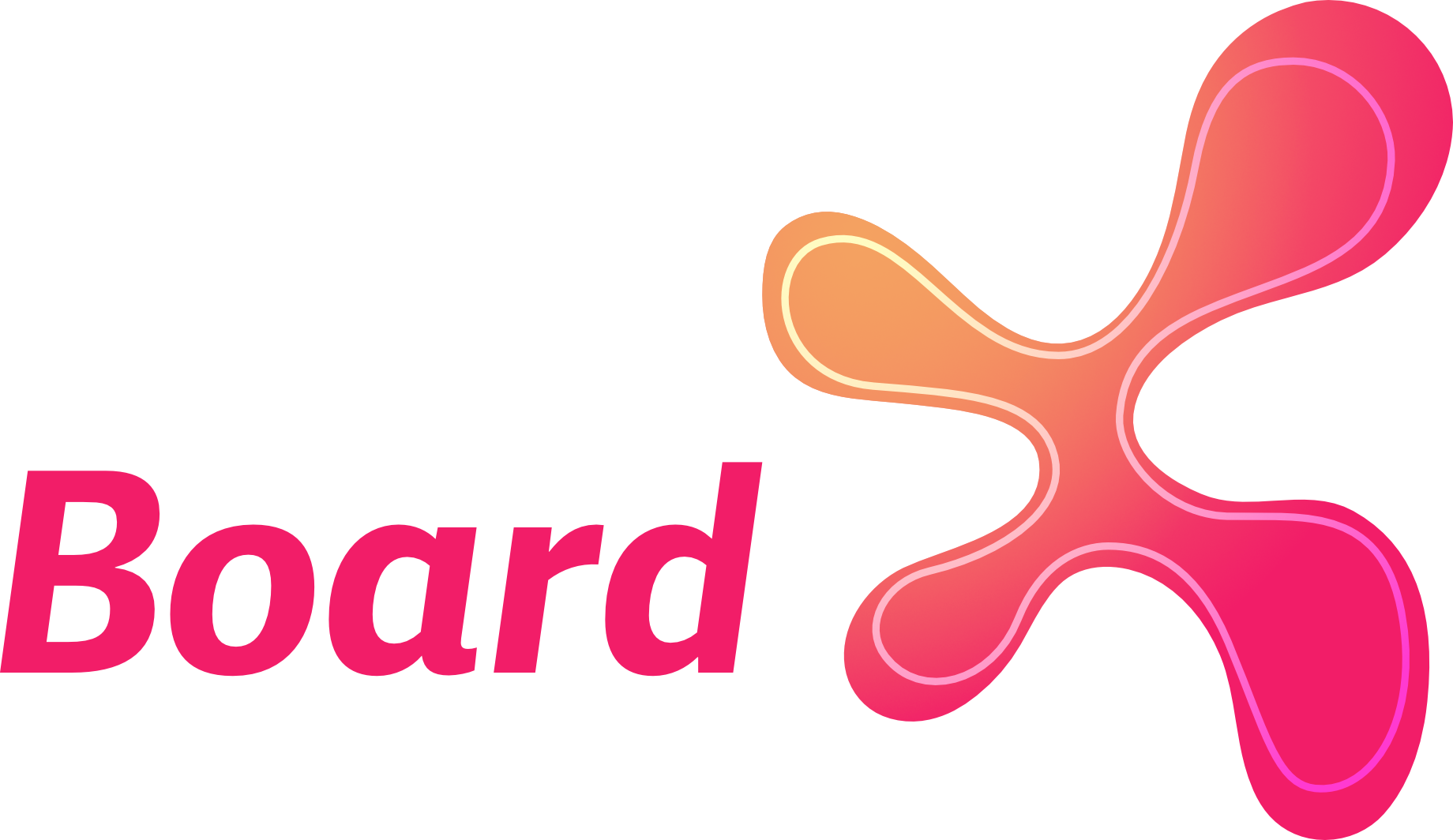Introducing AI in the Classroom: The Skills and Behaviors Needed for Success

The world of education is rapidly changing. With advances in artificial intelligence (AI), educators must develop new skills and behaviors to ensure students can take full advantage of its capabilities. This blog will discuss the teaching and learning skills and behaviors needed to introduce AI successfully into the classroom.
Teaching Skills
As a teacher, you need to become proficient in understanding and using AI tools such as natural language processing, deep learning, and robotics. It helps to be comfortable integrating these technologies into your lessons so students can benefit from their use. Additionally, you should be aware of the potential advantages and disadvantages of using AI in the classroom so that you can make informed decisions about when and how to use it. Moreover, it would be best if you had a basic understanding of how AI works so that you can recognize when it is providing accurate results or not, allowing you to intervene accordingly.
Teaching Behaviors
Integrating AI into your teaching practices requires more than just technical know-how; it also requires a shift in behavior. As an educator, you need to become comfortable incorporating technology into your lesson plans while providing meaningful instruction for your students. Additionally, you should create an environment where students feel empowered to explore their ideas without fear of failure or judgment. This will allow them to become more creative problem solvers by taking risks with technology rather than simply following instructions provided by AI tools.
Student Learning Skills
In order for students to succeed with AI technology in the classroom, they must develop specific skills on their own. They must learn to collaborate with technology by asking questions, experimenting with different solutions, and finding ways around problems they encounter. Furthermore, they must develop critical thinking and problem-solving skills to use AI in their learning process effectively. Finally, they should understand why certain tasks are better suited for human minds instead of machines; this will help them understand both the limitations and benefits of using AI technology in their education.
Student Learning Behaviors
In addition to developing specific skills related to working with AI tools, students should also focus on building certain behaviors that will help them succeed academically and professionally. For example, they should learn how important it is to be organized when tackling complex tasks involving multiple components—such as those often encountered when working with artificial intelligence systems—by breaking projects down into smaller steps and keeping track of progress along the way through lists or charts. Additionally, they should cultivate patience when dealing with issues related to technical difficulties; if something doesn't work right away, then rather than giving up immediately, students should take time to troubleshoot potential solutions until they find one that works best for them. Finally, having a growth mindset —the belief that mistakes provide learning opportunities—will empower learners by giving them confidence even if things don't go according to plan on the first try.
In conclusion, as artificial intelligence continues its march toward broad adoption across every industry, including educational settings, teachers and students must develop new skill sets that enable them to successfully leverage its capabilities inside and outside school walls. Doing so will allow them to succeed in their education and be equipped for a competitive job market.
Want to dive deeper into how AI can help educators?
We will be hosting a HMW Workshop: How might we effectively and affordably streamline educational processes to support educators and best prepare students for the future of work? The goal of this 90-minute program is to explore how we can help faculty be more effective and productive while guiding students on the best and most ethical use of cutting-edge AI technologies. If you are an educator and would like to join the exploration, email [email protected] for more details.
This article was written by the BoardX Growth team in collaboration with BoardX generative AI.

Comments ()